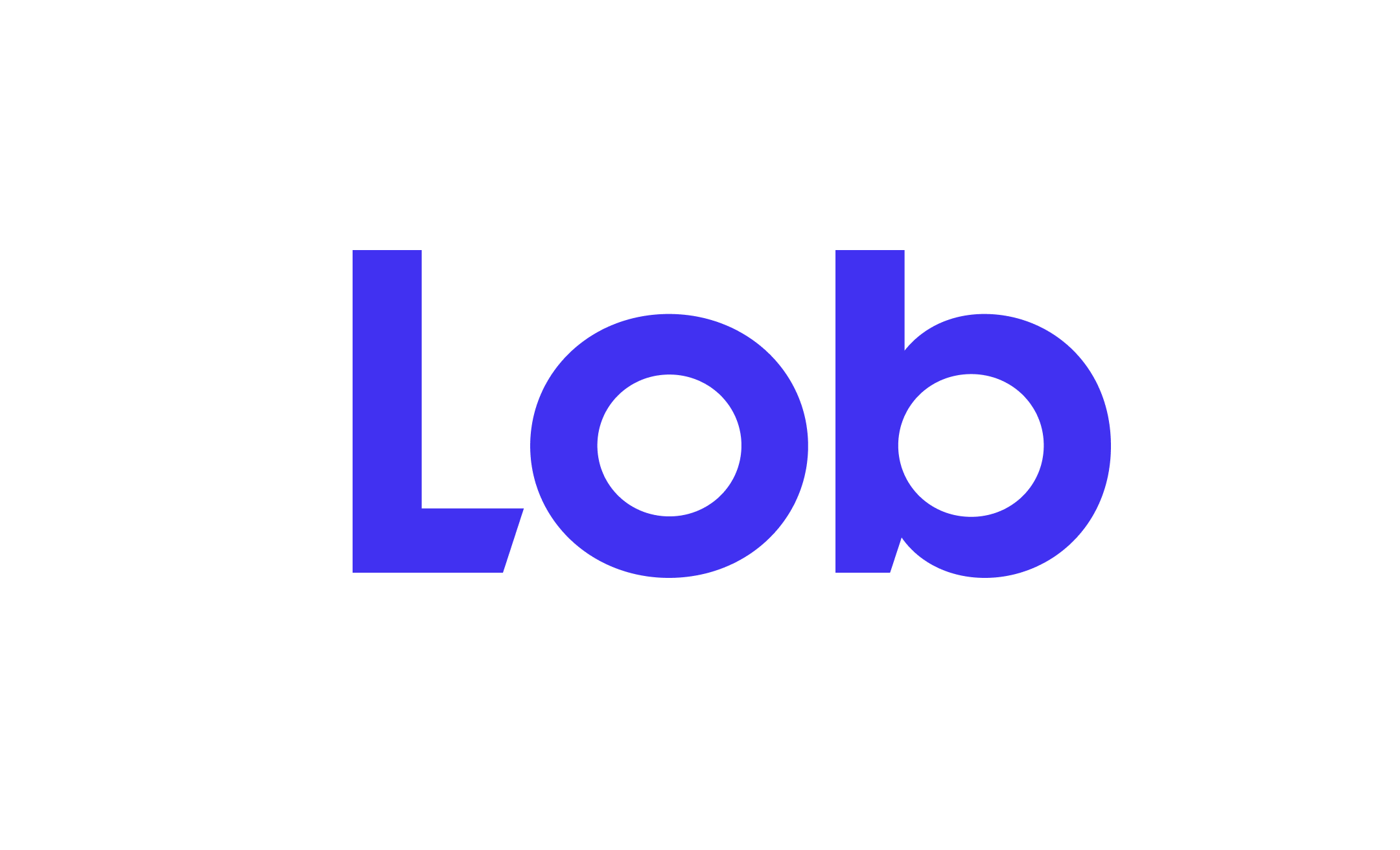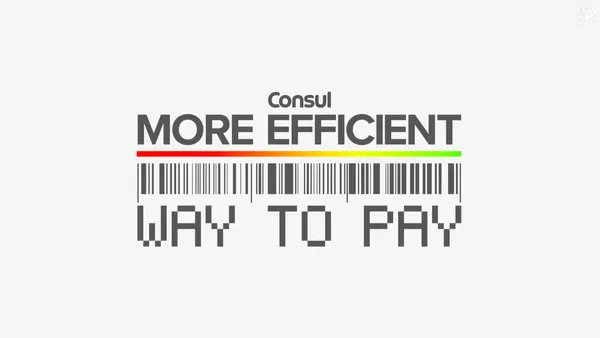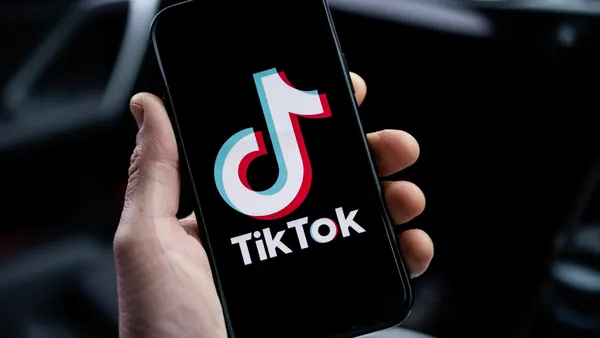Dive Brief:
- IPG's Kinesso and Acxiom companies will act as closed operators within Unified ID 2.0 (UID2), the cookie alternative developed by The Trade Desk, per a blog post by the company. A closed-loop operator refers to a brand or agency that will match its customer relationship management (CRM) data with UID2 inside its own cloud infrastructure.
- As a closed operator, Kinesso will be able to keep first-party data in privacy-safe environments in-house while using UID2 in conjunction with audiences generated on the open web by IPG agencies including UM, Initiative and MediaHub. Then, Acxiom can connect that data to UID2 as it builds first-party graphs for clients to ensure accuracy and safety.
- The move comes as UID2 continues to emerge as a key part of a cookieless future. Along with IPG, agency holding groups Publicis Groupe and Omnicom, publishers including The Washington Post and Newsweek and hundreds of other companies already support UID2, per the blog post.
Dive Insight:
IPG's first-in-class partnership with UID2 is the latest step in the technology's quest to become the leading replacement for third-party cookies and other identifiers. By acting as a closed operator, IPG subsidiaries Kinesso and Acxiom expect to be able to better protect privacy while increasing accuracy of the audiences created by the holding company's agencies.
The move will strengthen relationships — that are often facilitated by agencies — between brands and consumers, as the latter's demand for greater data privacy increases, according to comments made by IPG and The Trade Desk executive during the keynote session at the recent Adweek NexTech conference and cited in the blog post.
"When we collect [consumer] information, we have a responsibility towards those consumers on how that data is being used," said Arun Kumar, global chief data and marketing technology officer at IPG, and CEO of Kinesso. "Therefore, what we're trying to do is find a match between the use cases we have told our consumers that this data is being used for and what this data is actually getting used for which is why being a closed operator is so critical."
IPG joins a growing list of agency holding companies, publishers, advertisers and data partners that is working to make UID2 a key identifier as Google plans to deprecate the third-party cookie and Apple makes changes to its privacy infrastructure. Nielsen recently announced plans to end its reliance on third-party cookies for audience and outcomes-based measurement, and named UID2 as one of its preferred data sources.
Activity around the identifier has ramped up this year and continues even as Google delayed its third-party cookie plans. In February, The Trade Desk handed off oversight of UID2's technical infrastructure to nonprofit Prebid.org in a move to address calls for independence and transparency from publishers. In another move to please publishers, The Trade Desk in May detailed Double Encryption for Publishers (DEP), which helps publishers encrypt and unencrypt UID2 in tandem with a specific advertiser or partner.
Continued adoption by ad industry players is crucial to the success of UID2 as it seeks to differentiate itself from other cookieless solutions and the walled gardens of Google, Facebook and Amazon. The Trade Desk co-founder and CEO Jeff Green remains bullish on UID2's role in the cookieless future.
"[Brands] had relationships with consumers long before the platforms came along and I personally think it's wrong to get in the way of that relationship. Instead, we should just facilitate a better conversation which is what UID and many other initiatives are attempting to do," Green said at the Adweek NexTech conference. "I think the open internet has created so much momentum that I think we’re beyond the point of return."














